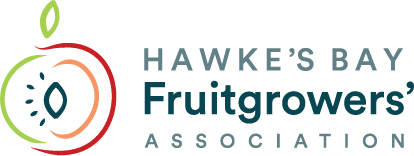Irrigation is go – A dry season at last
Jonathan Brookes AgFirst HB Ltd
As I write this article, we are seeing the driest soil conditions in the last four years. It looks to be shaping up to be a season where irrigation use will once again be a necessary consideration for Hawke’s Bay fruit growers.
Years of looking at soil moisture monitoring results have taught me that in many parts of the Heretaunga plains, the basic input / output calculation of soil moisture less Evapotranspiration (Et) plus rainfall does not guarantee an accurate soil moisture status. The influence of rain in the river headwaters and how that travels into groundwater can often “freshen up” a soil even with dry local conditions. Open drains can be good indicators of what is happening at a deep level, the deeper readings of soil moisture monitoring sites are also useful for this.
The seasonal soil moisture needs of specific blocks of fruit also needs to be well understood. A significant deficit of soil moisture can affect fruit size, reduce shoot growth and increase the risk of sunburn and biennial bearing in many fruit crops. However, soil rootzone drying in the right block at the right time, can be used to control excessive vigour and improve fruit dry matter and brix levels.
Irrigation systems need to be checked to ensure they are working efficiently and effectively, with irrigation run times set to ensure correct amount of water is getting to (and stopping in) the soil zones where you require it. Check for good filtration, manage leaks, and overall application uniformity.
Keep an eye on your total use as this is necessary to keep within consent parameters but can also indicate other problems such as leaks.
Due to our relatively kind climate the need for irrigation excellence has historically not been easily justified, but it is important to consider that the best seasons for fruit in Hawke’s Bay are generally dry years with crops that have well managed irrigation applied to them.
The need to make improvements to orchard irrigation management will only continue to become more important into the future. Compliance and social license needs, fruit quality, maximizing profitability and reduction in overall management costs all point to a need to get better at managing irrigation.






